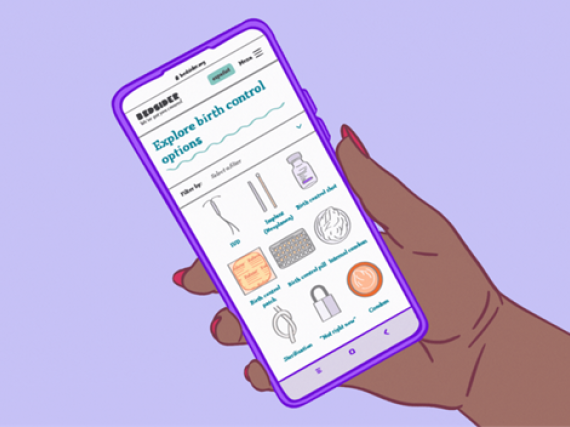6 Ways Power to Decide Supports Women’s Health
National Women’s Health Week, which takes place this year from May 9-15, encourages women to consider all of the factors that influence their health so that they can make informed decisions that align with their desires. Our work encourages women to learn more specifically about their reproductive and sexual health in order to improve their reproductive well-being. Here are six blogs showing how birth control and access to health care can better women’s health.
Young People in Eastern KY Advocate for Reproductive Health
In Eastern Kentucky, reproductive health care is scarce. Clinics that offer the full range of contraceptives are few and far between. Read stories from three young people living in Appalachia about their experiences with reproductive health care.
Efforts to Increase Contraceptive Access for Veterans
Women veterans now make up the fastest growing group of veterans enrolling in health care through the Veteran’s Administration. But what barriers do servicemembers and veterans face when accessing birth control?
Exploration, Experimentation, & Education: My Birth Control Journey
What three things did this young professional learn in her journey to reproductive well-being? Find the right birth control, the importance of self-advocating, and that health care providers need to stay up-to-date on advancements in the field.
Free the Pill: Why Birth Control Should Be Available OTC
One in three adult women who have ever tried to get prescription birth control said they faced obstacles. Birth control is basic health care and should be treated as such, which is why we support #FreethePill.
The Future of Women’s Health
Six young people use their personal experiences to discuss why they studied reproductive health, where they want the field to go, and who they look up to.
Birth Control as Public Health
Access to birth control has changed the face of public health for so many, allowing them the power to decide their future. Nearly 9 in 10 adults believe that everyone deserves access to the full range of birth control methods no matter who they are, where they live, or what their economic status is.



